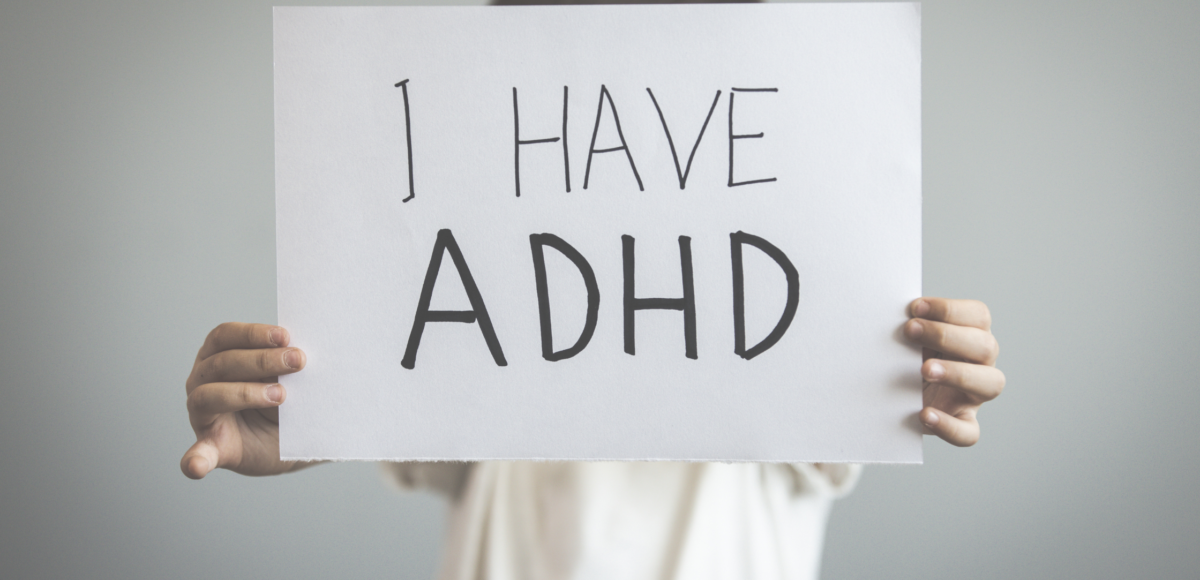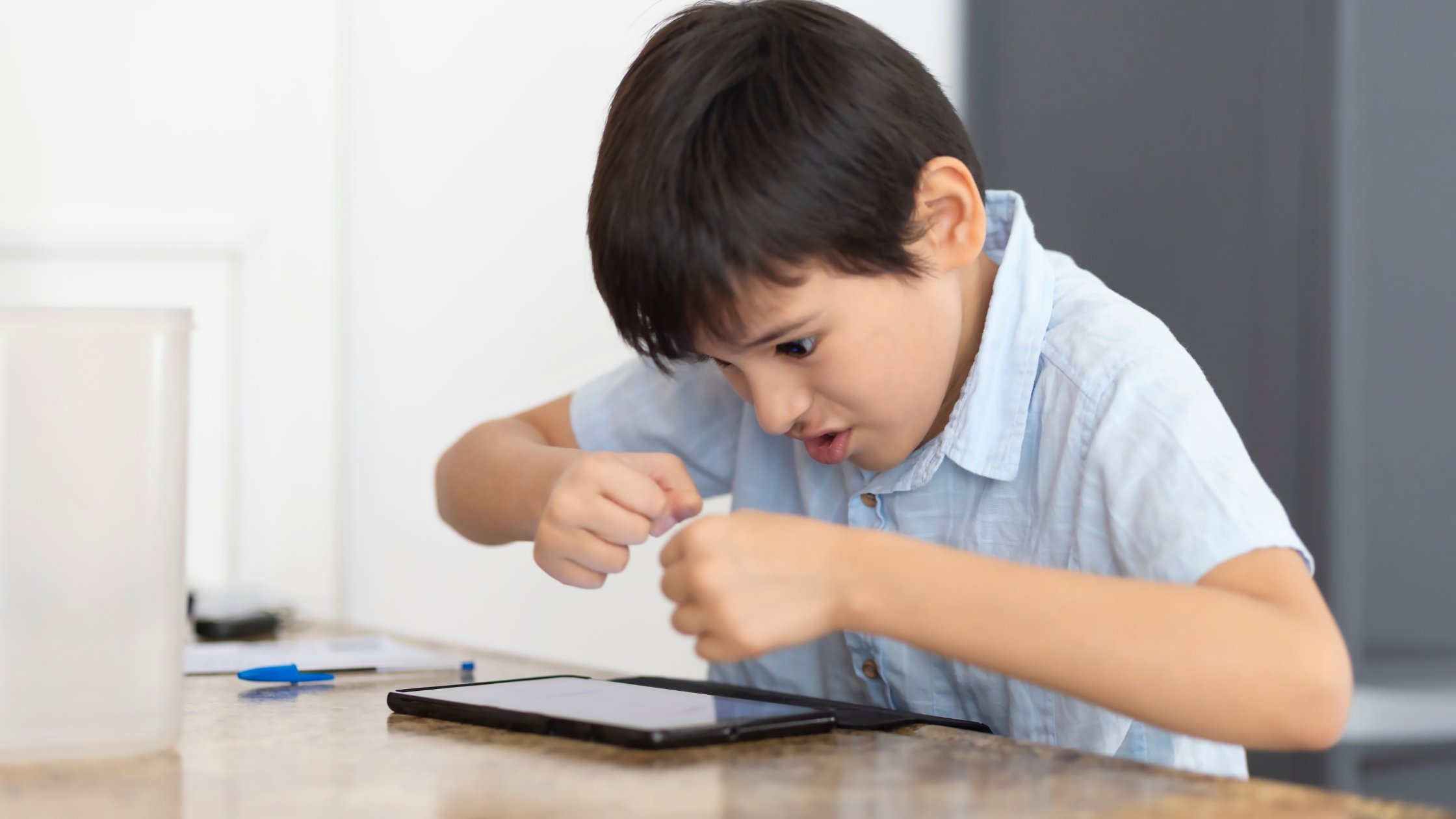
Children with ADHD: Understanding Emotional Challenges
This post on ADHD is written by Maya Bauer
Emotional concerns are common among children with Attention Deficit Hyperactivity Disorder (ADHD). Karalunas et al. (2019), who conducted a longitudinal study on ADHD, reported that 75% of children diagnosed with ADHD face difficulties related to emotional dysregulation.
While not universally experienced by all individuals with ADHD, this high prevalence underscores the need for a deeper understanding of how ADHD affects emotions.
Fortunately, with greater awareness, these emotional challenges can be effectively managed through appropriate strategies and support
Challenges with Emotion Regulation

Individuals with ADHD often struggle with emotion regulation due to several factors. Research shows that children with ADHD exhibit differences in their prefrontal cortex, which plays a role in executive functions, including emotion regulation. Additionally, the brain networks involved in attention, behavior, and impulse control affect how children react and cope with their feelings.
Children with ADHD Experience Bigger Feelings
Children with ADHD often struggle to regulate their emotions due to difficulties in controlling their impulses and coping with their feelings. Research has also shown that they demonstrate significant weaknesses in emotional reactivity, which refers to the intensity and duration of their emotional responses. This means that not only is it harder for them to regulate their emotions, but the initial intensity of their feelings is greater than that of their peers, further complicating a child’s ability to manage emotions effectively.
Frustration Tolerance

Children with ADHD often have low tolerance for frustration and exhibit impulsive behaviors. Their struggle to manage frustration may result in emotional decisions made without fully considering the consequences. This impulsivity can lead to conflicts with others, which further amplifies feelings of frustration and creates a cycle of negative interactions.
Rejection Sensitivity
Children with ADHD may receive negative feedback from parents, teachers, and peers due to their hyperactive and inattentive behaviors. This ongoing criticism can intensify negative emotions and create a feedback loop where sensitivity to criticism increases. This dynamic can hinder emotional development and result in feelings of rejection and inadequacy. Over time, children may adopt ineffective coping strategies, such as responding to criticism with distress or withdrawal, which ultimately exacerbates their emotional regulation challenges and leads to feelings of loneliness and isolation.
Therapeutic Recommendations
- Mindfulness and Emotional Awareness: Help children and adolescents learn to observe and label their emotional responses without immediately reacting.
- Cognitive-Behavioral Therapy: This approach can assist children in restructuring their thought patterns and learning more effective responses to emotional triggers. Positive reinforcement can boost a child’s self-esteem and modify their behavioral reactions.
- Dialectical Behavior Therapy: This approach can help individuals develop coping mechanisms to reduce distress and regulate their emotions, lowering the intensity of their feelings and reactions.
- Lifestyle Modifications: Engaging in regular activity, maintaining balanced nutrition, and ensuring adequate sleep can support children in regulating their emotions. Establishing a routine can enhance predictability and reduce anxiety.
- Medication Management: Under the guidance of a child and adolescent physician, medication can assist children with ADHD by improving executive function and impulse control.
Check out our other popular blog posts:
